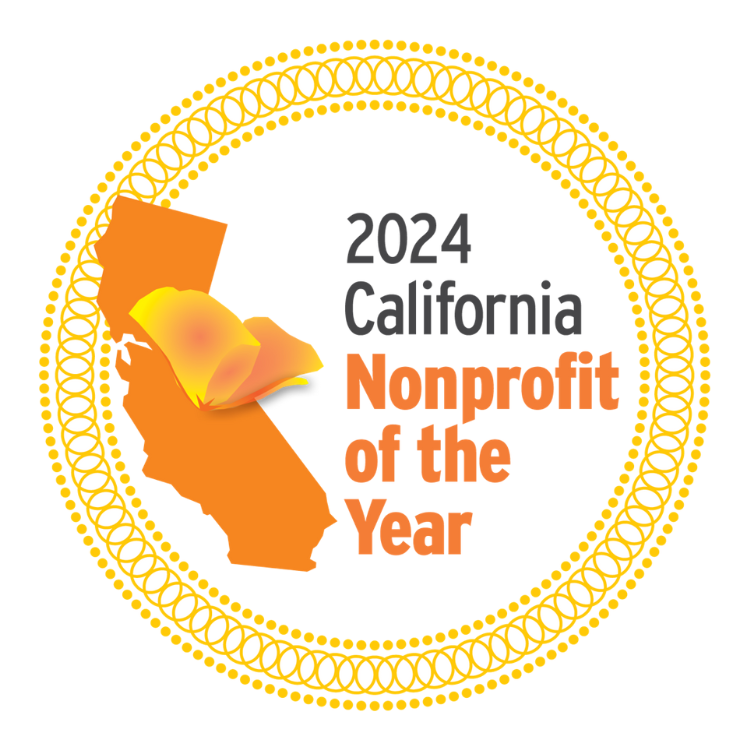TODAY: Coastkeeper Takes Legal Action to Protect San Juan Creek and Doheny Beach from Illegal Pollution
• Local advocacy group alleges serious violations of the Clean Water Act at facility discharging to San Juan Creek and Doheny State Beach
• Amended lawsuit holds City of San Juan Capistrano, Blenheim Facility Management accountable for pollution from large-scale animal operation
ORANGE COUNTY – July 5, 2017 – Today, Orange County Coastkeeper is taking legal action to protect the public and aquatic life from harmful pollution flowing from Rancho Mission Viejo Riding Park, a 60-acre equestrian riding park in San Juan Capistrano, into local waters. With an amendment to its existing lawsuit alleging storm water violations and illegal fill activities at the Riding Park, Coastkeeper aims to hold the City of San Juan Capistrano and Blenheim Facility Management accountable for unpermitted animal operations that release manure and other harmful pollutants into San Juan Creek.
Coastkeeper specializes in water quality enforcement and, for 18 years, has made a tremendous difference in ensuring improved water quality and healthy waters for all of Orange County. Through legal enforcement similar to today’s action, Coastkeeper has drastically decreased the number of posted and closed beaches due to contamination, proactively developed stronger permits that regulate stormwater and urban pollution, and successfully worked with more than 60 local facilities to prevent industrial runoff and help them come into compliance with the clean water laws.
Coastkeeper filed its original complaint on June 2, after investigating numerous public complaints of poor water quality in the area and submitting a 60-day notice letter informing the defendants of the allegations. The federal lawsuit cites multiple Clean Water Act violations at the Riding Park, Reata Park and Arizona Crossing – a manmade road through San Juan Creek connecting the two parks. Now, Coastkeeper adds additional claims that the Riding Park has also been operating without Clean Water Act permits necessary for an animal facility of its size.
Facilities that confine 500 or more horses for 45 days or more in a twelve-month period generate massive amounts of manure and wastewater, and improper maintenance can cause runoff from manure areas to spill into nearby waterways. During storms, these facilities can discharge contaminated runoff to nearby waterways where they can cause illness. Due to the potential harm to water quality facilities of this size can cause, federal law classifies them as Concentrated Animal Feeding Operations or “CAFOs,” and regulates them similar to an industrial facility instead of a farm or agricultural site.
To protect public health and species that depend on clean water, the Environmental Protection Agency requires stricter regulations for capturing wastewater and storm water at CAFOs compared to smaller farms.
“After an exhaustive review of the site and the public record there’s no doubt that the Riding Park is large enough to be classified as a Concentrated Animal Feeding Operation, and it hasn’t been following the appropriate standards to effectively manage its discharges,” said Colin Kelly, Coastkeeper’s senior staff attorney. “With today’s legal action, we’re telling the City to commit to protecting San Juan Creek and Doheny’s water quality by ensuring the standards it applies to San Juan’s horse owners are applied to itself at the city-owned Riding Park.”
San Juan Creek is an important local waterway to Orange County. It provides critical habitat for endangered Southern California Coast Steelhead, and it empties into Doheny State Beach – a popular surfing and swimming destination and one of the most polluted beaches in California due to its high bacteria levels. San Juan Creek is listed by the state of California as “impaired” for bacteria, phosphorus and nitrogen. These pollutants, along with nutrients, organic matter and pathogens, are associated with runoff from horse paddocks. Members of the public, along with Coastkeeper, have documented runoff from the Riding Park discharging to San Juan Creek.
Coastkeeper considers today’s amended complaint as completing our alleged violations of the Clean Water Act by the City of San Juan Capistrano and Blenheim Facility Management. The allegations in Coastkeeper’s complaint are serious and chronic violations of the Clean Water Act impacting those who use and enjoy San Juan Creek and Doheny State Beach. Those allegations include:
- Threatening local water quality by failing to properly regulate discharges under the City of San Juan Capistrano’s Municipal Separate Storm Sewer System Permit.
- Filling portions of San Juan Creek and onsite wetlands with dirt and debris, including construction debris, without consulting with state or federal agencies and without obtaining proper permits.
- Owning and operating an unpermitted horse Concentrated Animal Feeding Operation discharging to San Juan Creek and Doheny Beach without effective pollution controls.
- Owning and operating a facility discharging stormwater from industrial areas to San Juan Creek without a permit.
After today’s legal action, Coastkeeper will meet with the City of San Juan Capistrano and Blenheim Facility Management in mid-July to discuss solutions to improve water quality as quickly as possible. If all parties cannot reach an agreement through dialogue, Coastkeeper will move forward to resolve the issue through litigation. Coastkeeper hopes its enforcement efforts will push the City to set a precedent to improve operations and protect water quality in all its facilities.
###
ORANGE COUNTY COASTKEEPER: Orange County Coastkeeper is a member of the International Waterkeeper Alliance, which has 236 different independent programs across 29 countries. Founded in 1999, the mission of Coastkeeper is to protect and promote sustainable water resources that are swimmable, drinkable, and fishable. Coastkeeper is a nonprofit clean water organization that serves as a proactive steward of our fresh- and saltwater ecosystems. We work collaboratively with diverse groups in the public and private sectors to achieve healthy, accessible, and sustainable water resources for the region. We implement innovative, effective programs in education, advocacy, restoration, research, enforcement, and conservation. For more information, visit www.coastkeeper.org or call 714-850-1965.






